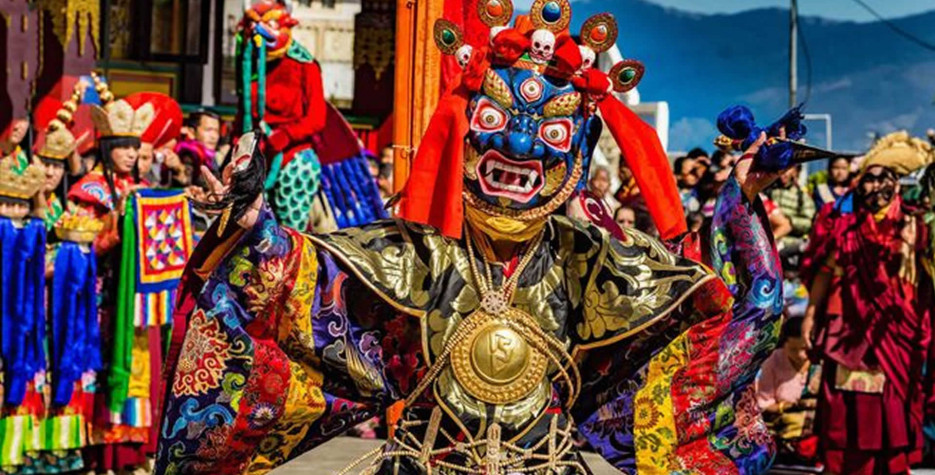Traditions of Tendong Lho Rum Faat
Teendong Lho Rum Faat is celebrated by Lepcha people. It takes place on Tendong Hill in South Sikkim and other parts of the state
Tendong Lho Rum Faat is one of the oldest festivals of the Lepchas and is usually held on August 8th. The name, Tendong is derived from the Lepcha dialect, which translates to ‘the hill of the raised horn’ The three-day celebrations begin with the offering of prayers to Mount Tendong in South Sikkim.
Legend has it that Mt. Tendong saved the Lepcha people during the great deluge which flooded the entire Mayel Lyang country, now known as Sikkim. The festival is an annual thanksgiving to the saviour mountain.
During the festivities, people make a model of the mountain in the facade of their homes and worship it. It is exclusively made of nine stones and the people dance and sing wearing traditional masks to get the blessings of the mountain.
As per the Lepcha mythology, at the time of creation, Tendong Hill had risen from the horns of a deity. It was a volcanic peak that erupted and destroyed Naho and Nather Pokh, the sources of the Teesta and Rangeet rivers which caused a deluge. As the lower region started to flood causing loss of life and property, the horn rose miraculously and the tribesmen hurriedly started to ascend the Tendong Hill, which became their only chance for survival.
Various literary and cultural programmes are held in the state capital to commemorate the occasion. On the concluding day, exhibits of traditional Lepcha food, costumes and ornaments are displayed.


